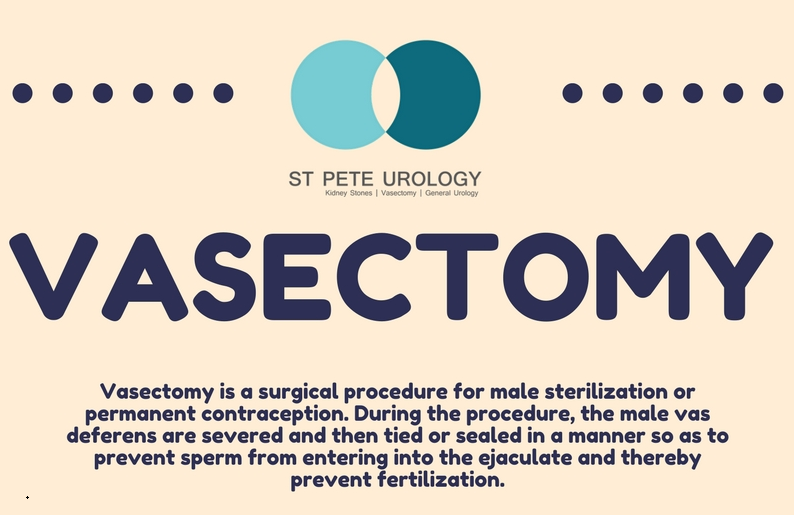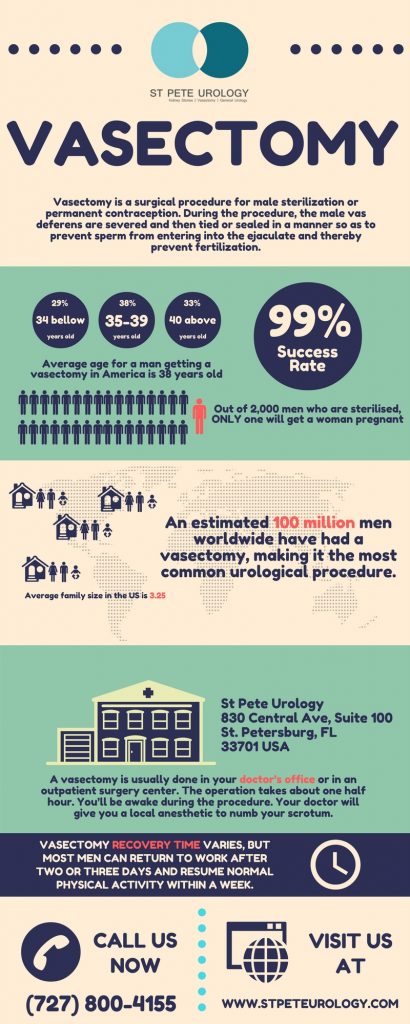 Low sperm count, which means having fewer than normal sperm in the ejaculate, decreases the likelihood that your sperm will fertilize your partner’s ovum and result in pregnancy. But it may also be related to your overall health, as it is often characterized by symptoms such as pain, swelling or a lump in the testicle area, low sex drive, erectile dysfunction, or decreased facial or body hair. Your sperm count is lower than normal if you have fewer than 15 million sperm per milliliter of semen.
Low sperm count, which means having fewer than normal sperm in the ejaculate, decreases the likelihood that your sperm will fertilize your partner’s ovum and result in pregnancy. But it may also be related to your overall health, as it is often characterized by symptoms such as pain, swelling or a lump in the testicle area, low sex drive, erectile dysfunction, or decreased facial or body hair. Your sperm count is lower than normal if you have fewer than 15 million sperm per milliliter of semen.
What are the causes of low sperm count?
1. Emotional stress and inadequate sleep
Prolonged or severe emotional stress may interfere with the hormones needed to produce sperm, while depression lowers sperm concentration. Inadequate sleep makes it difficult to maintain a healthy weight and may lead to obesity. Obesity impairs fertility by directly impacting sperm and causing changes in the hormones that promote sperm production.
2. Overexposure to harmful chemicals
Chronic exposure to pesticides and other harmful chemicals can lead to low sperm count. For instance, prolonged exposure to industrial chemicals, such as xylene, toluene, benzene, herbicides, pesticides, organic solvents, BPA, perfluorinated chemicals, lead, and painting materials may lead to low sperm count. Likewise, when exposure to radiation or x-rays lowers sperm production, it can take years for sperm production to normalize.
3. Lack of exercise
Exercise plays a huge role in the health of your sperm. Men who sit for longer periods tend to have a lower sperm count than those who are active in their daily life. This means you can improve your numbers through moderate routine exercise every day, such as a daily walk for lunch or daily yoga in the evenings. Frequent exercise will increase your circulation, boost your mood, and increase your sperm count.
4. Overheating of the testicles
Exposure to high temperatures impairs sperm production and function. This is why frequent use of hot tubs or saunas temporarily lowers sperm count. Similarly, wearing tight clothing, sitting for long periods or working on a laptop for a long period of time may raise the temperature around the scrotum and reduce sperm production.
5. Drug and alcohol use
Anabolic steroids that are taken to stimulate muscle growth and can cause testicular shrinkage and decreased sperm production. Use of cocaine or marijuana also lowers sperm number and quality, while excessive drinking of alcohol lowers testosterone levels and hampers sperm production. Men who smoke tend to have a lower sperm count than those who do not.
6. Infection, medications and prior surgery
Some infections interfere with sperm production and sperm health. They include epididymitis (inflammation of epididymis), orchitis (inflammation of testicles), sexually transmitted infections (like gonorrhea, Chlamydia and HIV), and mumps infection. Also, long-term anabolic steroid use, cancer medications, testosterone replacement therapy, some ulcer medications, some antifungal and antibiotic medications, and other medications can hinder sperm production and lower sperm count.
Prior surgeries such as a vasectomy, scrotal or testicular surgery, inguinal hernia repair, prostate surgery, and large abdominal surgery for testicular or rectal cancer may affect sperm production. Similarly, tubes that carry sperm may be blocked by injury from surgery, trauma, prior infections, or abnormal development such as cystic fibrosis. Spinal cord injuries, diabetes and surgeries can block the normal flow of sperm and lead to retrograde (backward) ejaculation.
7. Certain medical conditions
A varicocele, the swelling of veins that drain the testicle, impairs testicular temperature regulation and causes low sperm count. Anti-sperm antibodies, which are immune cells that mistakenly identify sperm as harmful invaders, may destroy sperm and lead to low sperm count.
Undescended testicles, Peyronie’s disease, sperm duct problems, vas deferens blockages, unhealthy prostate, high blood pressure, diabetes, peripheral vascular disease, tumors that affect male reproductive organs directly, and hormonal imbalances may impair sperm production and lower sperm count.
What should you do to improve your sperm count?
- Eat healthy
- Exercise regularly and minimize your sitting time
- Don’t smoke
- Reduce or abstain from alcohol
- Avoid illicit drugs
- Use protection (condoms) during sexual intercourse
- Manage stress
- Get enough sleep
- Maintain a healthy weight
- Avoid exposure to pesticides, heavy metals, and other toxins
- Keep your laptop away from your lap
- Speak with your doctor about medications that can affect your sperm count
- Avoid frequent hot showers or hot tubs.
- Avoid tight pants
Maintaining a high sperm count is not necessarily difficult. All you need is some good habits such as healthy eating, regular exercise, comfortable clothes, and avoiding toxins. You should also speak with your urologist about possible remedies.
At St Pete Urology, we offer a variety of treatments for low sperm count, including lifestyle changes and minimally invasive procedures. We make sure to conduct thorough physical exams, medical history, and diagnostic tests to establish the underlying cause of the low sperm count before we recommend treatment. Meet with one of our urologists and start your journey to healthy fertility. For more information on male fertility, erectile dysfunction and other urologic issues, visit the St Pete Urology website.
 A low sperm count, also known as oligospermia, can be an indicator of male fertility issues. In order to help correct this condition, there are several steps that can be taken.
A low sperm count, also known as oligospermia, can be an indicator of male fertility issues. In order to help correct this condition, there are several steps that can be taken.

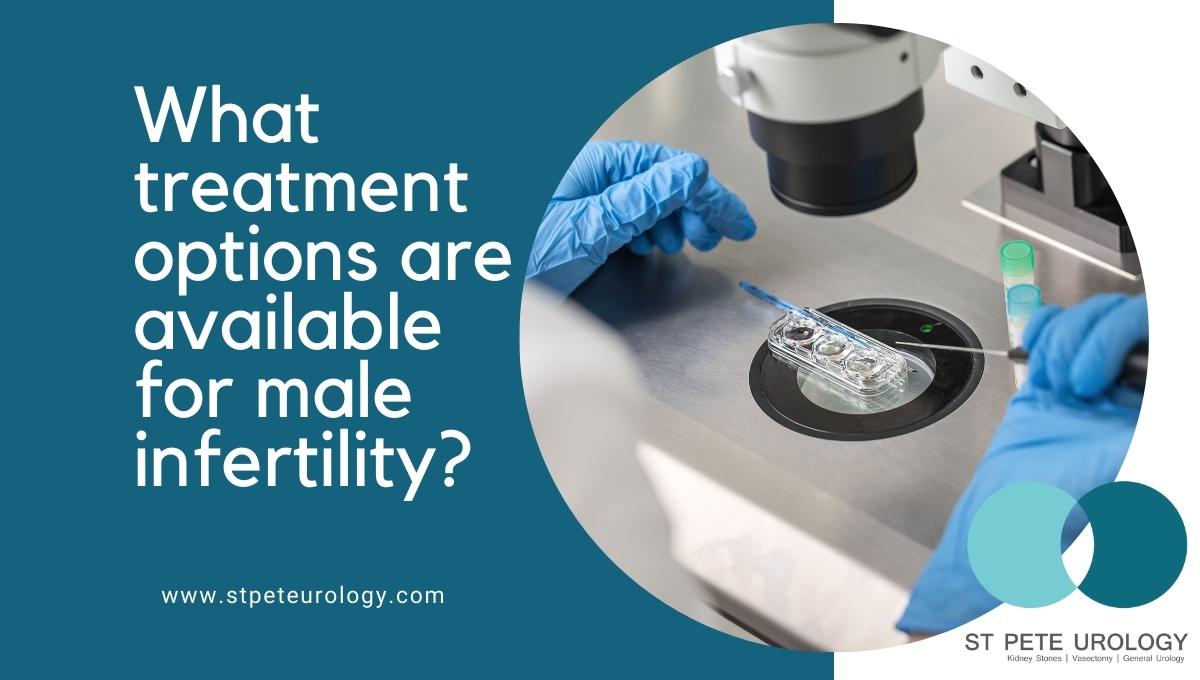
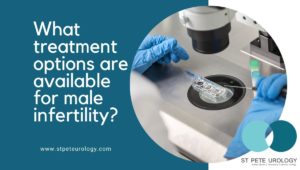 Have you and your partner been experiencing challenges conceiving a child ? There are many potential reasons for this but one obvious is basic health issues connected with fertility
Have you and your partner been experiencing challenges conceiving a child ? There are many potential reasons for this but one obvious is basic health issues connected with fertility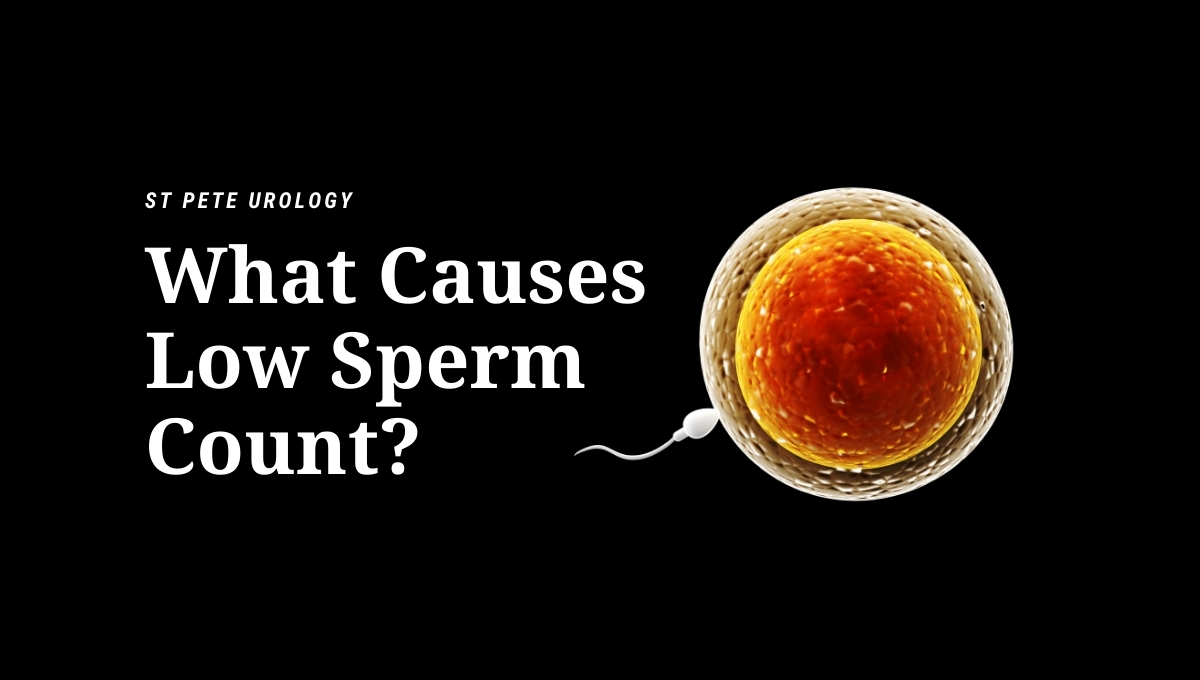
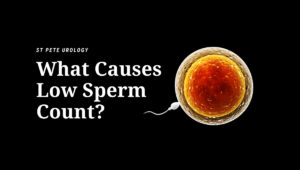 Low sperm count, which means having fewer than normal sperm in the ejaculate, decreases the likelihood that your sperm will fertilize your partner’s ovum and result in pregnancy. But it may also be related to your overall health, as it is often characterized by symptoms such as pain, swelling or a
Low sperm count, which means having fewer than normal sperm in the ejaculate, decreases the likelihood that your sperm will fertilize your partner’s ovum and result in pregnancy. But it may also be related to your overall health, as it is often characterized by symptoms such as pain, swelling or a 
 For many couples, trying and not being able to conceive a child is a stressful, emotional and frustrating time. Up to 15% of couples are infertile, meaning that they cannot conceive a child despite actively trying for a year or more. And for that 15%, over a third of these problems stem from issues caused by
For many couples, trying and not being able to conceive a child is a stressful, emotional and frustrating time. Up to 15% of couples are infertile, meaning that they cannot conceive a child despite actively trying for a year or more. And for that 15%, over a third of these problems stem from issues caused by 